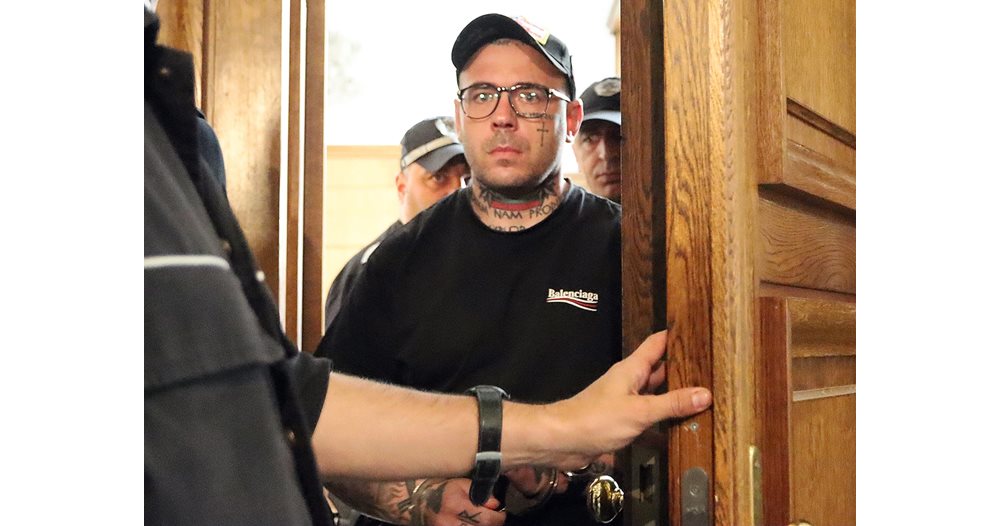The key changes are being proposed by three ministries
If a blood sample is refused, the saliva will be sent to a laboratory for testing
Only above a certain threshold, and not with every presence of drugs in the blood, is it assumed that the driver is driving his car under the influence of drugs. This key change is proposed by three ministers – of health, interior and justice. Their departments have published for public discussion changes to Ordinance No. 1 of 2017 on the procedure for establishing the concentration of alcohol in the blood and the use of drugs.
According to the current texts, a driver is considered to be drugged if a narcotic substance has been found in his body. In accident cases, however, the most frequently asked question to experts is whether it is possible to indicate how long ago the driver took the drug. And whether he was under the influence when he was behind the wheel. However, only the amount of the drug cannot be used to determine when it was taken. This was one of the most frequently asked questions in the case against Georgi Semerdzhiev, who killed two girls with his jeep.
Therefore, importers set thresholds for 7 drugs – cocaine, heroin, amphetamine, methamphetamine, morphine, ecstasy and cannabis.
Two substances are tested for cocaine. The threshold for cocaine is 10 ng/ml and for benzoylecgonine – 75 ng/ml.
Amphetamine (AMP) has a proven use at a blood concentration equal to or higher than 25 ng/ml.
For methamphetamine – 25 ng/ml.
For tetrahydrocannabinol (cannabis), two substances are tested and for each there is a corresponding threshold:
For tetrahydrocannabinol – 1 ng/ml
For carboxy-tetrahydrocannabinol – 10 ng/ml.
For heroin, the following are investigated:
6-monoacetylmorphine – with a threshold of 5 ng/ml
For morphine, the threshold is 10 ng/ml
In the reasons, the importers say that they have proposed values valid in many countries of the European Union.
“The introduction of thresholds eliminates the questions now asked by the courts about the time of use of the narcotic substance, how far the driving of the car was carried out immediately after use and whether the driver was aware of this”, the reasons state.
Another key change is that
the field test
must be
confirms, including with an additional saliva test and when the driver refuses to give a blood sample.
“Currently, a large number of persons found positive for drug use in the preliminary saliva test refuse a blood sample, which makes it impossible to prove use and impose a sanction,” the importers say.
The changes suggest that when a blood sample is refused for further testing, the cassette from the field test should be sent.
“In this way, the use of a narcotic substance will be categorically and unequivocally proven in an objective and undoubted way”, say the three ministers.
The research will be done only in the laboratories that have the capacity to carry it out. “There is an order for sealing, storage, shipping and transportation to the laboratory,” the reasons say. The other important point is that if the driver refuses a blood test, he will declare it on the spot, at the time of the police check.
Now, if the field test is positive, the driver is escorted to a hospital for a medical examination.
When he goes there, however, he often refuses to give blood. “This only leads to the engagement of a resource of the Ministry of the Interior for the accompaniment, as well as the unnecessary engagement of specialists in the medical facilities for the preparation of the documents”, the importers also point out.
Another very important point is that it is wanted
clarification of
the situations, at
which the driver
refuses fields
test, but it is
agree to
blood
Drivers then usually claim to have taken the drug after the refusal.
Now the driver is given a ticket for examination and a time limit of 2 hours is set in which he must go to give blood at the medical facility. And he declares that during this time he will not drink or take drugs.
“However, practice shows that the driver, who is not accompanied by police officers, usually says that he drank or took drugs during this period of time, which at a later stage makes it difficult to establish the objective truth,” the reasons state.
Therefore, the three ministries suggest that the drivers be accompanied to the medical facility.
2023-10-26 19:00:00
#Thresholds #drugs #driver #drugged #exceeds


